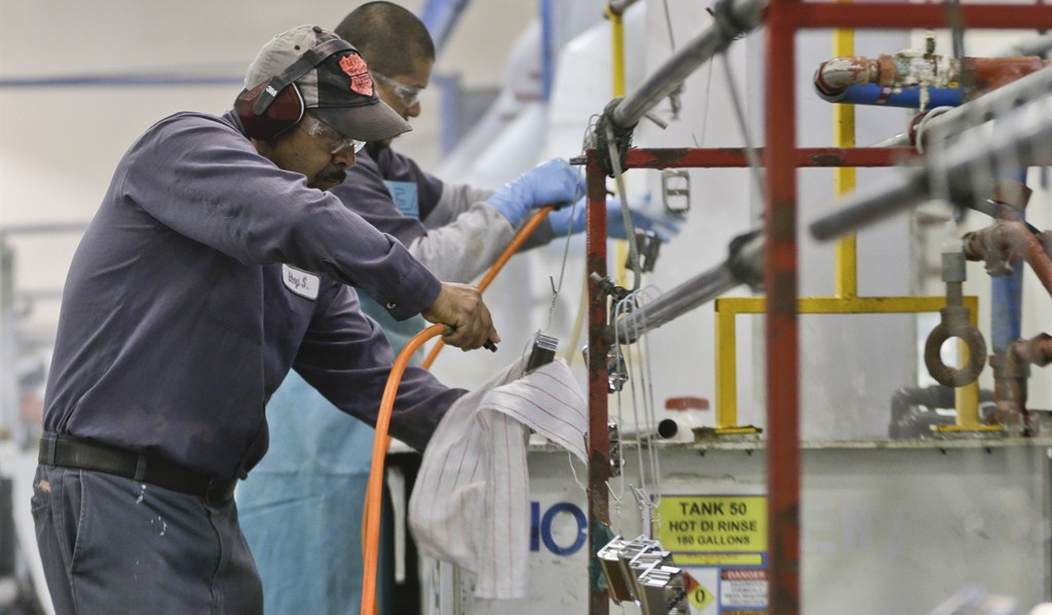Most recently the Labor Department reported that our country’s productivity rose a revised 1.8% in the fourth quarter of 2013. That could be good or bad, depending on your perspective, yet it’s down from a previously reported 3.2% and it’s also substantially lower than the 3.5% rise that was declared for the third quarter of 2013.
According to a recent column in MarketWatch, a subsidiary of Dow Jones & Company, this newly revised fourth quarter result is not a good thing. As stated by the columnist, “Productivity is a good barometer of a nation’s well-being. Companies earn higher profits when productivity rises and they can afford to pay more to workers, especially if they need to hire to keep up with demand. The wealthiest countries have the most productive workers.”
Let’s examine this quote in further detail.
The wealthiest countries have the most productive workers — I’m quite sure the columnist was referring to the wealth of the United States but since our balance sheet shows a preponderance of debt, our country’s wealth is certainly questionable. However, if he simply substituted the word “corporation” for the word “country,” I would definitely agree with him. These days, it seems that increased corporate productivity means fewer workers and a more favorable bottom line, which in turn means better earnings per share and a higher stock price for that company.
They can afford to pay more to workers — Of course they can, but they won’t, as the slippery slope of fewer workers combined with the pressure to achieve more profit takes hold of the corporation’s bottom line.
They need to hire to keep up with demand — Jeff Bezos of Amazon.com and others have obviously realized that unlike the typical employee, technology doesn’t need to take a vacation, it will never call in sick, and it will never complain about working overtime. The more demand, the more technology and the greater the productivity — a very slippery slope indeed.
Recommended
Productivity is a good barometer of a nation’s well-being — I totally agree if well-being means an all-time high stock market, tons of cash in the corporate coffers, and ever-increasing earnings per share, then most assuredly we are very well-off. However, if well-being is measured by the lack of employment for recent college graduates, the record number of food stamp recipients, and the unprecedented level of folks living on the street, then productivity has created a nation that’s clearly gone over the edge.
My former college professor at George Washington University, John Kenneth Galbraith — an advisor for two presidents, JFK and LBJ — when pressed by a 17-year-old freshman (yours truly), fully admitted that if the economy couldn’t absorb the downsized workers who contribute to the increased productivity then the economy would be in deep trouble.
Perhaps it’s just a short breather in U.S. productivity but make no mistake, we’re in deep trouble.

























Join the conversation as a VIP Member